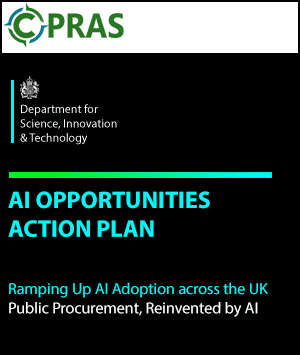Welsh Government
|
|
|
New strategy and delivery plan to tackle child poverty in Wales
A major new strategy and delivery plan setting out how the Welsh Assembly Government intends to tackle child poverty in Wales and improve outcomes for children and parents living in low income families has been launched for consultation.
The new legislative framework that is now in place, through the Child Poverty Act 2010 and the Children and Families (Wales) Measure 2010 means that, for the first time, there will be a statutory framework to drive child poverty action stretching from the UK Government, the Welsh Assembly Government, through to local authorities and other public agencies.
Visiting an Integrated Children’s Centre in New Tredegar, the First Minister of Wales, Carwyn Jones and Deputy Minister for Children, Huw Lewis outlined how a range of cross-government policies, resources and services will be directed at reducing the inequalities that currently exist, narrowing the gap between the economic, health and education outcomes of children from low income families and their more affluent peers. This approach is necessary to achieve the Assembly Government’s 2020 vision of a Wales where no child or young person is disadvantaged by poverty.
The First Minister said:
“We were the first of the UK countries to introduce new legislations to add weight to our action to tackle child poverty, fulfilling a ‘One Wales’ commitment. The Children and Families (Wales) Measure, which became law in February 2010, provides an important new statutory framework for our action on child poverty, including new duties to develop strategies to reduce child poverty across public agencies in Wales.
“This new Child Poverty Strategy and Delivery Plan is the fulfilment of this duty on Welsh Ministers and we are setting ourselves three new strategic child poverty objectives which sum up our overall approach.
“Through these we recognise the crucial importance of work for parents as the most sustainable route out of poverty, the need to combat rising levels of poverty in families where there is someone in work through better training and quality jobs and, of course, the need to reduce the gap between the outcomes of our poorest children and their more affluent peers.”
Deputy Minister for Children Huw Lewis said:
“An estimated 32 per cent of children in Wales now live in households below 60 per cent of the median income which is the accepted poverty threshold. The continued existence of child poverty in a modern, civilised and progressive country such as Wales is unacceptable.
“Children and young people growing up in poverty are vulnerable in a number of different ways. We know they are more at risk of poor health, poor educational attainment, have lower skills and aspirations. They are also more likely to be low paid, unemployed and welfare dependent in adulthood.
“Helping parents to find sustainable employment, compatible with their parenting roles, providing affordable and flexible childcare and improving the educational attainment of children are key actions we will take to ensure families escape the poverty trap.
“In this new strategy we are focussing on those issues that are particularly important to improving outcomes for children living in poverty and concentrating on those areas where the Assembly Government can have the most impact.”
An essential element of the new Child Poverty Strategy is to set out a new direction for developing more effective local delivery arrangements that can better meet the needs of low income families and provide them with the integrated support that they need so that they have a clear route out of poverty.
-
Almost a third of Wales’ children – around 200,000 – live in poverty.
-
2020 vision is of a Wales “where no child or young person is disadvantaged by poverty”.
-
The strategy aims to reduce the number of families where both parents are out of work and reduce inequalities in health, education and economic outcomes.
-
By law organisations must now take steps to demonstrate how they will tackle child poverty.


